For the record, we have nothing against the Olympics. It is a noble, ancient tradition, full of camaraderie, sportsmanship and healthy competition. (At least in theory.)
One of the downsides of this "healthy competition," though, is the increasingly
exorbitant price tag host countries pay to put on the games -- relying on private donors and taxpayers to foot the bill.
Just how much Russia has spent is the subject of fierce debate. On the high end, two of Russian President Vladimir Putin's harshest critics have estimated the Sochi price tag at $51 billion and $45.8 billion, respectively, accusing government officials and various contractors of having embezzled billions. Putin, however, offered a much lower number in a recent interview, arguing that the government has only spent
$6.4 billion so far.
The $51 billion number stems from a
2013 report by politician Boris Nemtsov and journalist Leonid Martynyuk, in which they estimate that more than $25 to $35 billion has been lost to corruption.
The $45.8 billion figure was compiled by opposition leader Alexei Navalny's Foundation for Fighting Corruption and published in a
January 2014 report. The organization's report also argued that on a minimum of 10 projects related to the Olympics, the cost has been inflated at least 1.5 to 2.5 times, and that the majority of "private" investors in the games have ties to the federal government.
Echoing Putin's estimate, the official Sochi Olympics Committee told The Huffington Post that the construction and engineering costs for the Olympic venues amounted to $6 billion, with an added $2 billion for organizing costs.
Putin and other government officials have argued that the opposition reports are misleading because some of the costs they factor in can be attributed to infrastructure investments that would have been made either way. An
$8.6 billion highway is one example, about which Nemtsov commented, "You could have paved this road with 5 million tons of gold or caviar and the price would have been the same."
Either way, these infrastructure investments don't seem to be trickling down to the
people actually living in Sochi and surrounding areas, which brings up a billion-dollar question:
If Russian officials and investors truly had $50 billion sitting in the bank, are the Olympics really the best way to have spent it? Here's our humble suggestion of eight better ways Russia could have handed out the money and done some good for the world:
Help Eradicate Polio Once And For All
Russia could vaccinate at least 92 billion children worldwide. According to UNICEF Senior Officer of Media Relations Marci Greenberg, a single oral polio vaccine (OPV) dose costs $0.18 to administer. The World Health Organization says at least three doses need to be administered in order for a person to be fully protected. That's about $0.50 per child, and close to 100 billion children protected with a $50 billion budget.
Improve Sanitation For Millions Of People
World leaders agreed in the Millennium Development Goals to aim for 75 percent of the global population to have access to improved sanitation facilities by 2015. The World Health Organization estimates that this is going to cost $14 billion every year until then. Russia could fund the entire project, and use the billions left over to provide sanitation to the remaining 25 percent of the population.
Protect The Most Endangered Animals
AP Photo/Frank Rumpenhorst
Last year, an international team of researchers came together to calculate how expensive it would be to make every endangered species in the world at low risk of extinction. Not surprisingly, the amount was staggering. The researchers concluded it would cost close to $80 billion a year to fund all global conservation sites. But for a more modest $3.9 billion, certain interventions could be made to protect at the least the most endangered species on the list. Thus Russia could fund over 12 years of conservation projects to protect the most at-risk species.
Ease Some Of The Pain Of Syria's Civilians
Syria's ongoing civil war has claimed hundreds of thousands of lives, forced over 2 million to seek refuge in other countries and displaced more than 4 million within the nation. The United Nations has appealed for $6.5 billion to fund Syria aid operations in 2014. Russia could fund the U.N.'s entire aid mission this year, next year and for many years to come.
Feed 280 Million Children
According to the World Food Programme, one in six children in developing countries is underweight. Malnutrition and undernourishment contribute to 45 percent of deaths in children under 5 years old, worldwide. Feed the Children estimates it costs $180 to provide one meal to one child every day for a year. At $50 billion, Russia could provide nearly 280 million children with meals every day for a year.
Fund Education Around The Globe
Emilie Iob/AFP/Getty Images
As part of a recent study on the social status of teachers around the world, the Varkey Gems Foundation put together a chart of teachers' salaries in countries around the world. Based on that chart, the worldwide average salary of a teacher is about $38,125 per year. With $50 billion, Russia could pay more than a million educators around the globe.
Give The World Some Air To Breathe
Put Kids Through College
Tiziana Fabi/AFP/Getty Images
Students in the United States take on a whopping $30,000 in debt, on average, to pay for college. Even in countries where college is free or much less expensive, students often still accumulate debt through living expenses. Unlike loans, which many universities offer through financial aid departments, scholarships are free and significantly reduce the amount a student has to pay back after graduation. Anyone can start a scholarship fund, and the sky's the limit. For example, Russia could start a $10,000 scholarship and award 10,000 students every year ... for 500 years. Now that's a way to make a lasting difference.
Original Article
Source: huffingtonpost.com/
Author: The Huffington Post | By Antonia Blumberg

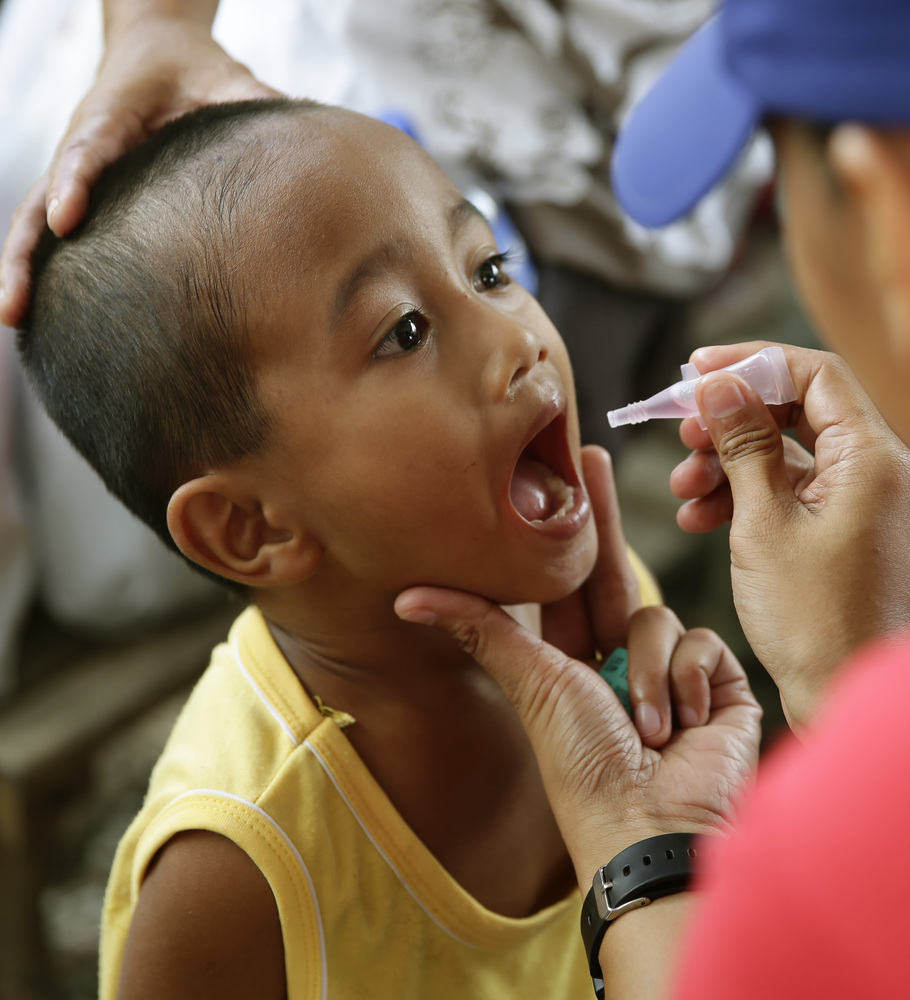
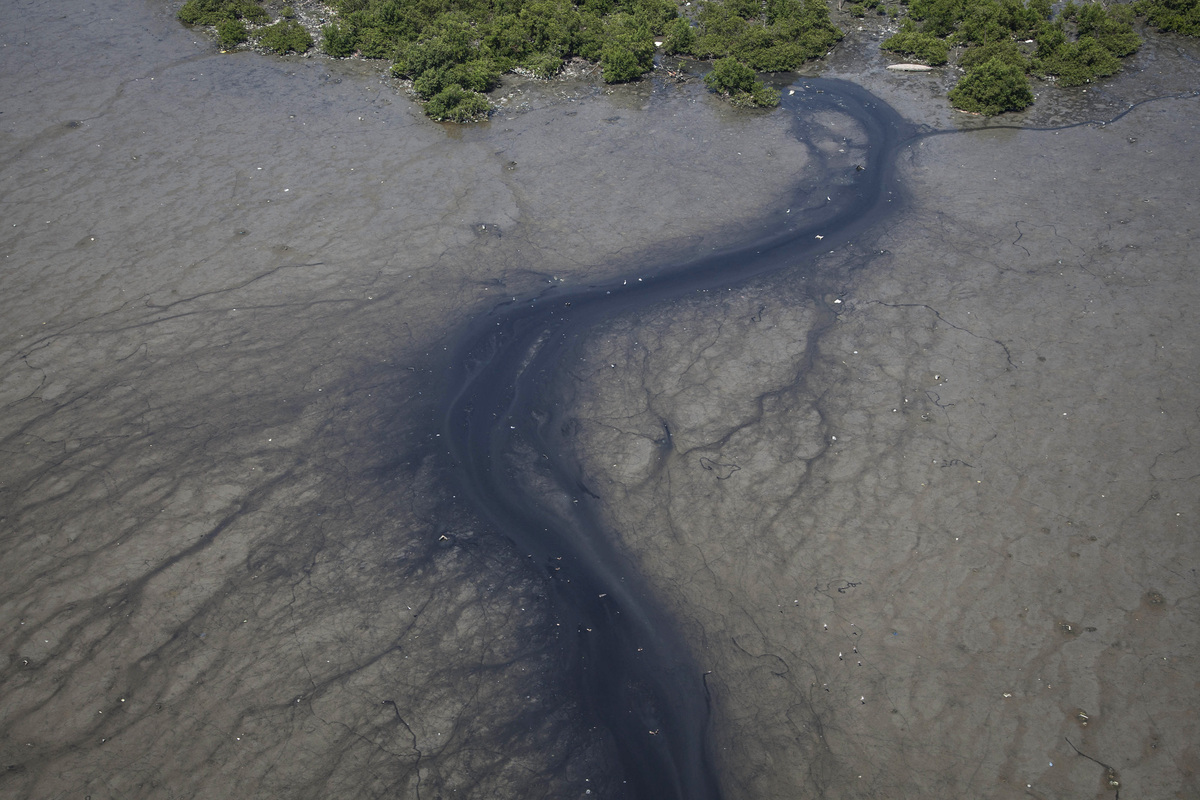
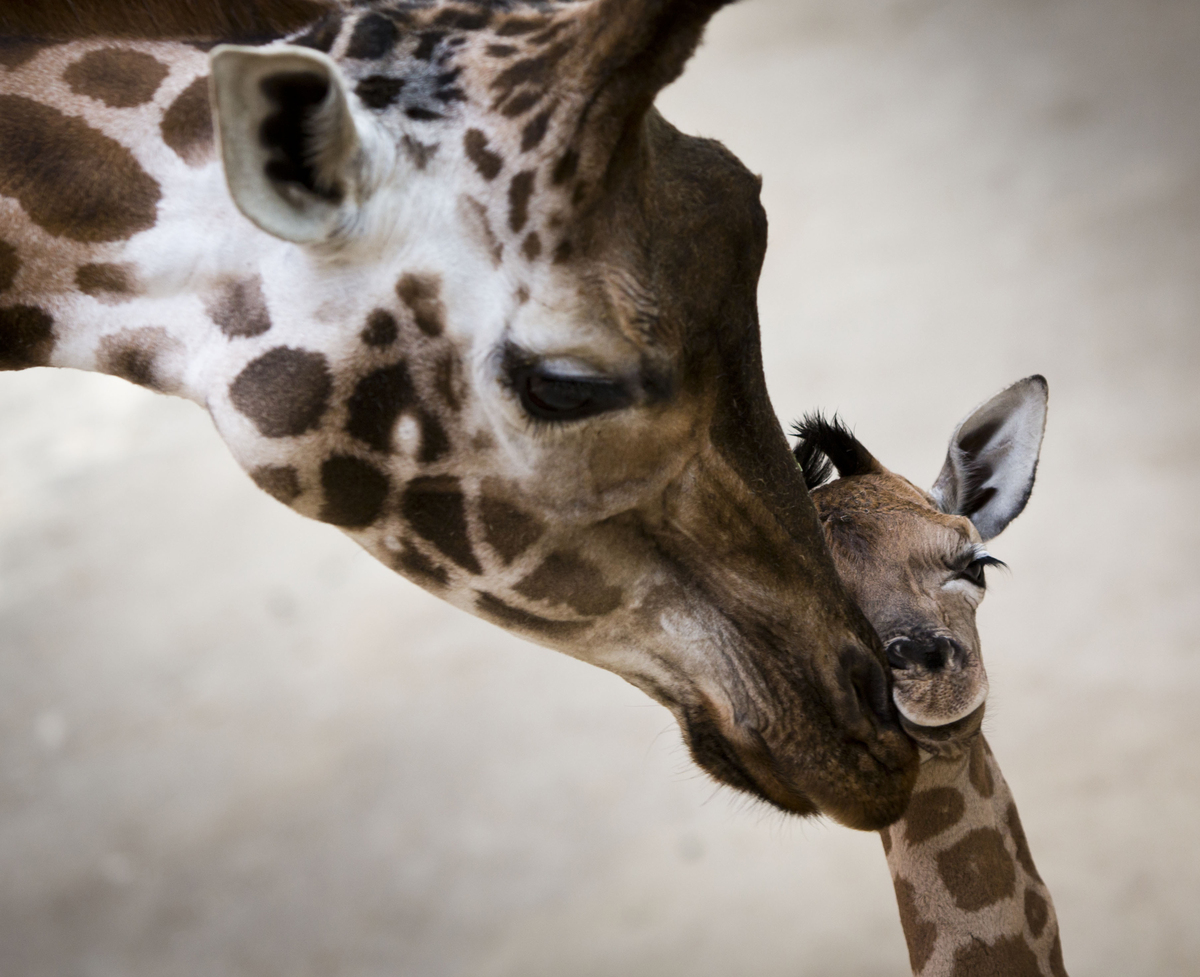
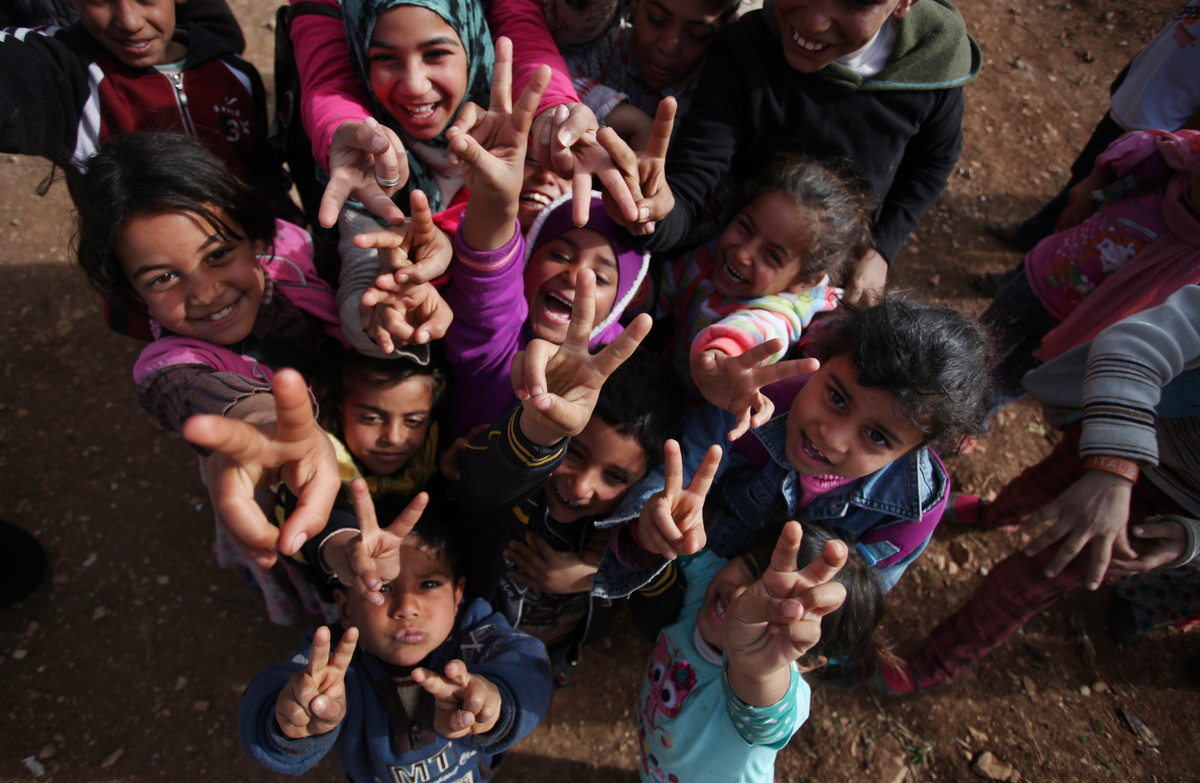
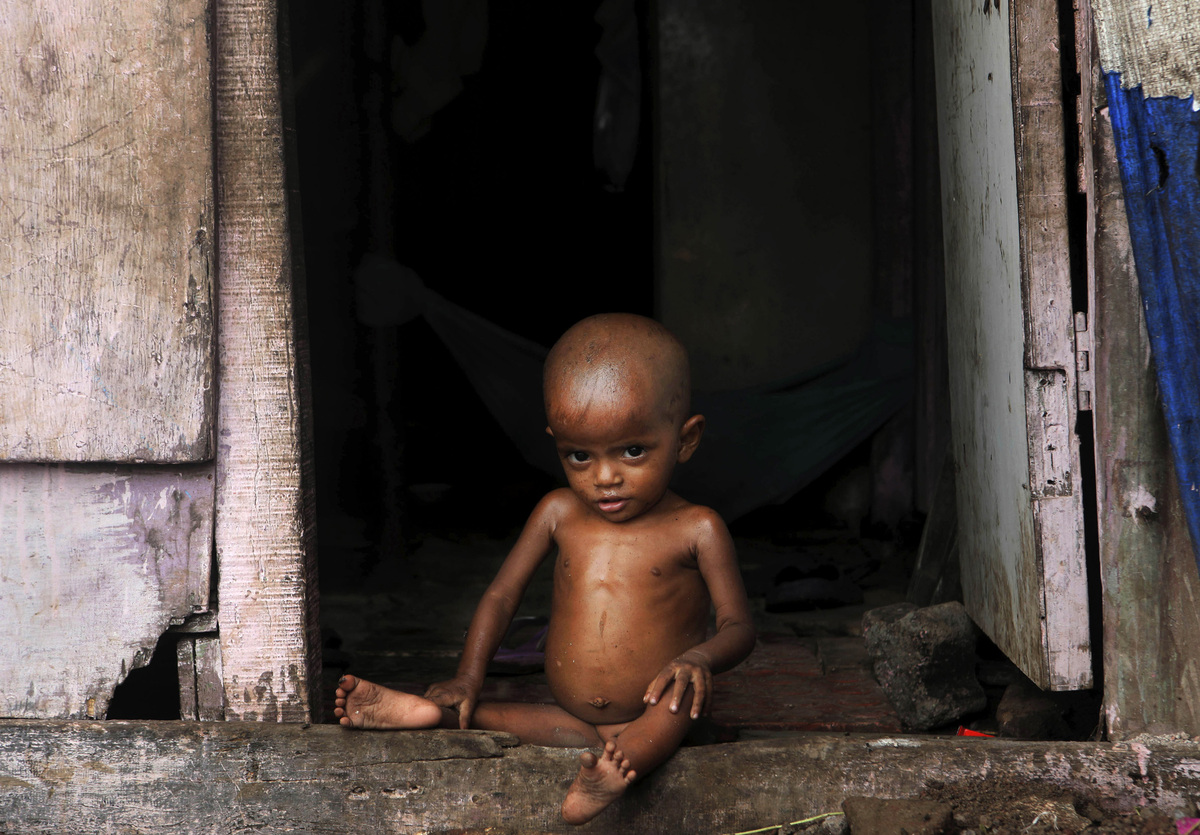
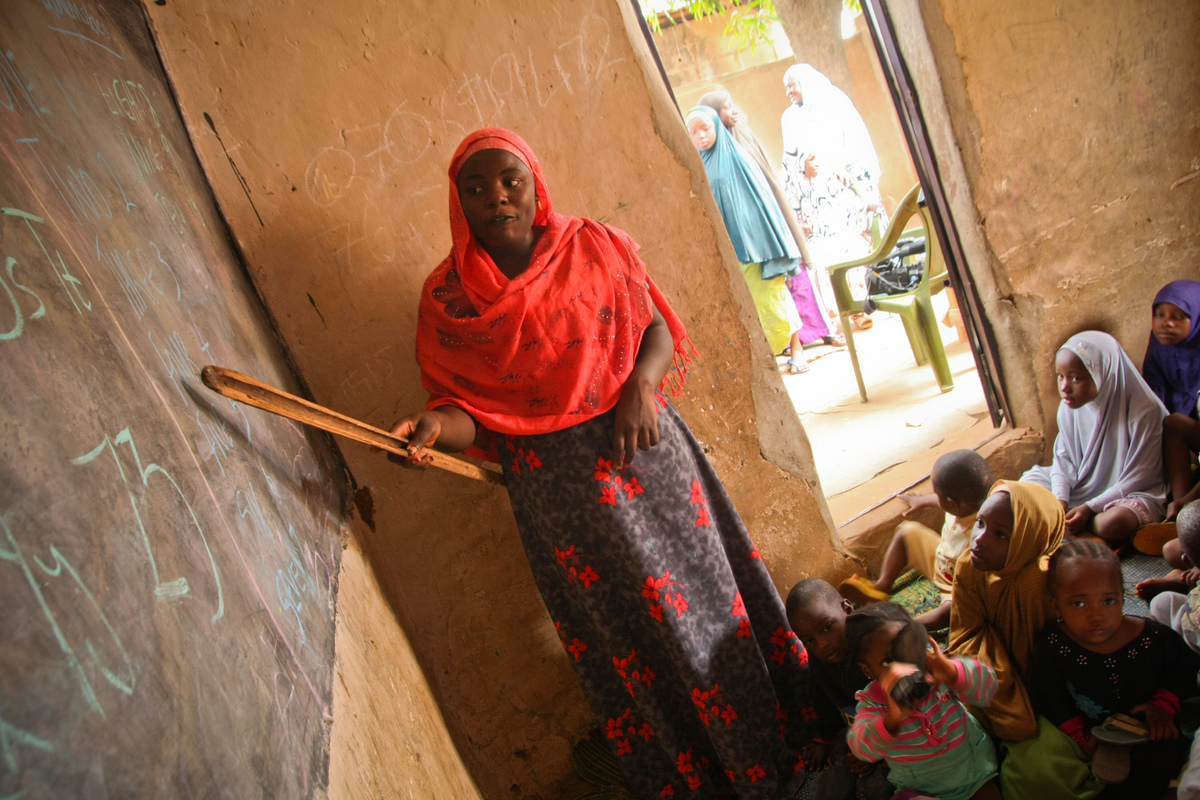
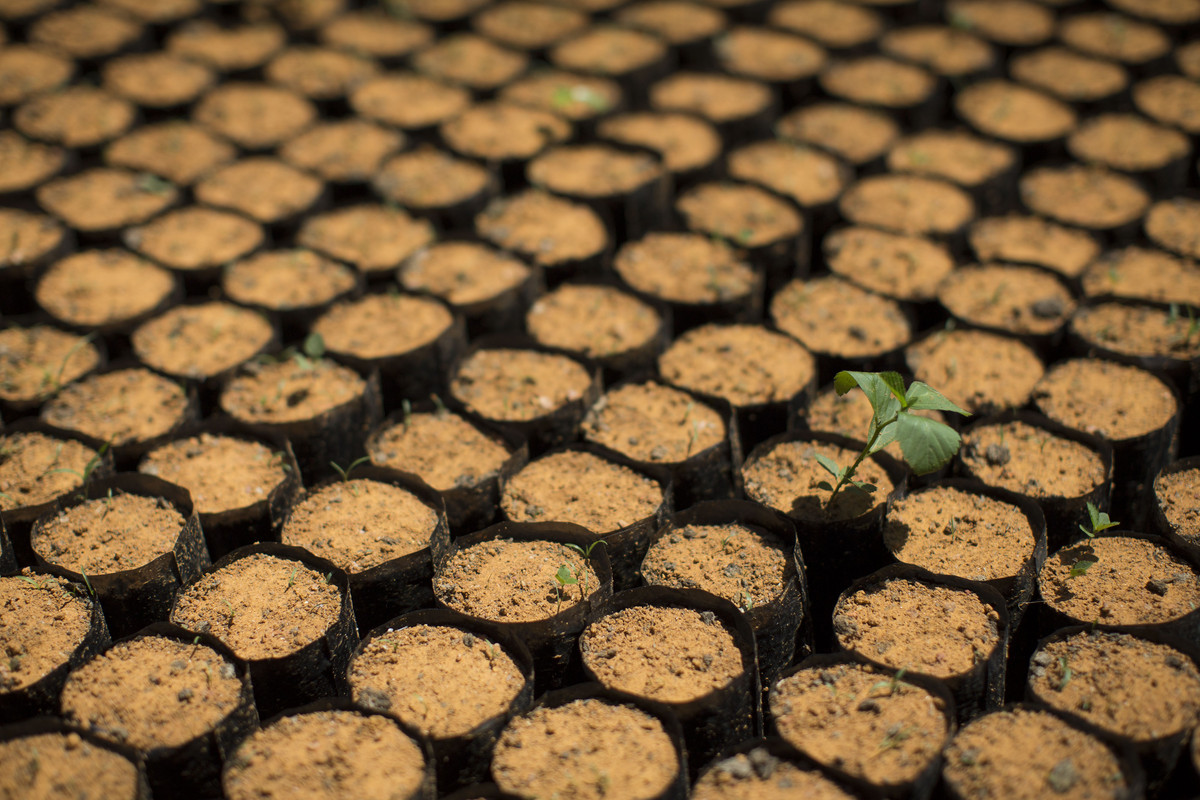
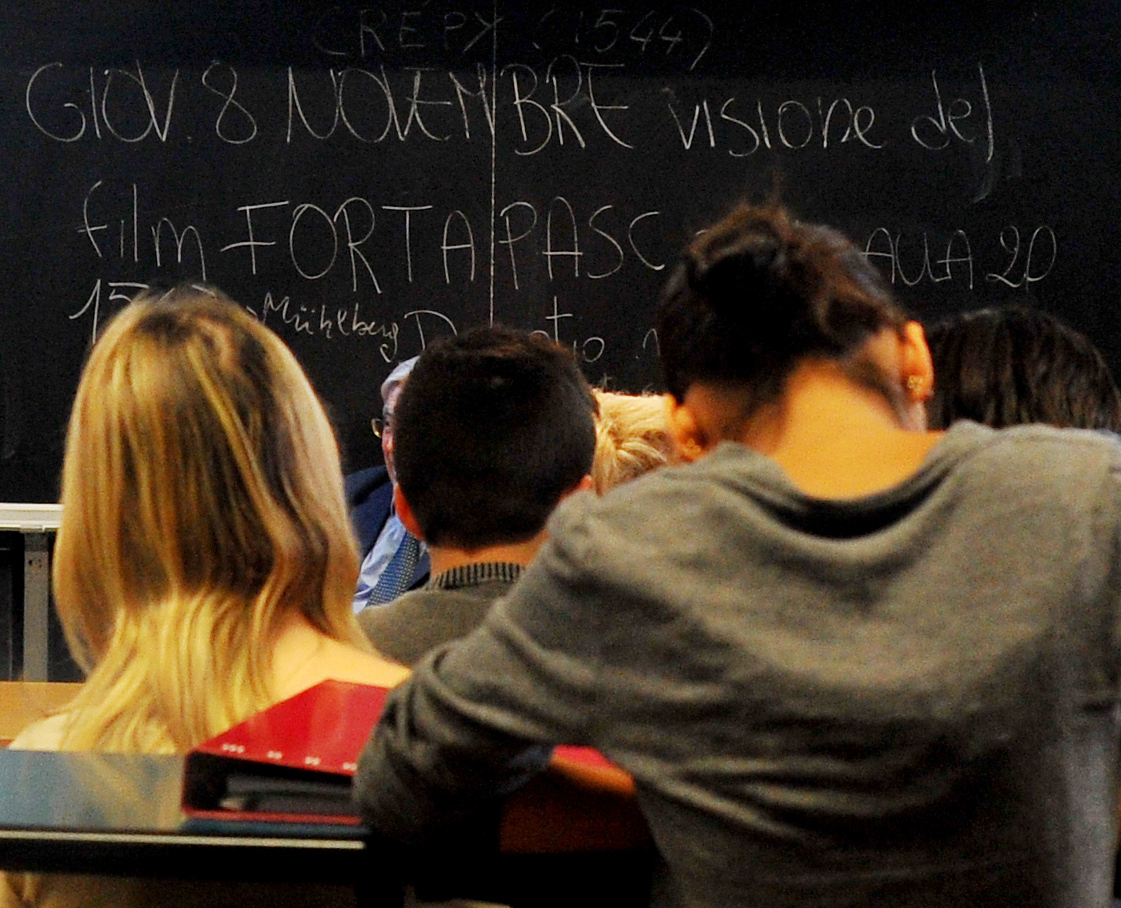
No comments:
Post a Comment